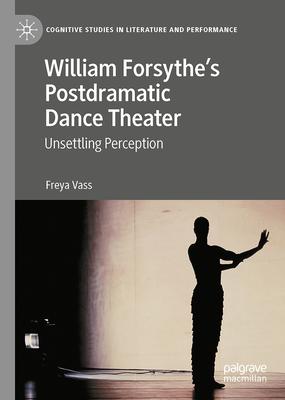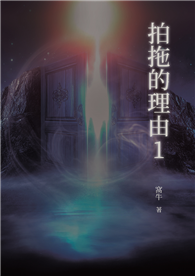This book takes choreographer William Forsythe’s choreographic and scenographic processes as a holistic lens through which to view dance as a fundamentally visuo-sonic art form and choreography as a form of perceptual experimentation. In doing so, it reveals how the made worlds within which postdramatic dance is situated influence how choreography is perceived. Resonating with ecological perspectives but also drawing on an extensive range of cognitive research approaches, the volume’s choreo-scenographic perspective emphasizes the importance of considering the expanded scenography of lighting, sound, space, scenic elements, costume, and performer movement when analyzing the sensory and cognitive perception of dance. The volume provides a first book-length cognitive study of both an individual choreographer and the aesthetics of postdramatic theatre. It also satisfies a need for more dedicated scholarship on Forsythe, whose extensive and varied array of groundbreaking ballets and dance theater works for the Ballett Frankfurt (1984-2004), The Forsythe Company (2005-15), and as an independent choreographer have made him a key figure in 20th/21st century dance.
| FindBook |
有 1 項符合
William Forsythe’s Postdramatic Dance Theater: Unsettling Perception的圖書 |
 |
William Forsythe’s Postdramatic Dance Theater: Unsettling Perception 作者:Vass 出版社:Palgrave MacMillan 出版日期:2023-08-10 語言:英文 規格:精裝 / 普通級/ 初版 |
| 圖書館借閱 |
| 國家圖書館 | 全國圖書書目資訊網 | 國立公共資訊圖書館 | 電子書服務平台 | MetaCat 跨館整合查詢 |
| 臺北市立圖書館 | 新北市立圖書館 | 基隆市公共圖書館 | 桃園市立圖書館 | 新竹縣公共圖書館 |
| 苗栗縣立圖書館 | 臺中市立圖書館 | 彰化縣公共圖書館 | 南投縣文化局 | 雲林縣公共圖書館 |
| 嘉義縣圖書館 | 臺南市立圖書館 | 高雄市立圖書館 | 屏東縣公共圖書館 | 宜蘭縣公共圖書館 |
| 花蓮縣文化局 | 臺東縣文化處 |
|
|
圖書介紹 - 資料來源:博客來 評分:
圖書名稱:William Forsythe’s Postdramatic Dance Theater: Unsettling Perception
內容簡介
作者簡介
Freya Vass is a Lecturer in Drama and Theatre at the University of Kent, UK, and a freelance dance dramaturg. Her principal research interests include cognitive dance studies, dance dramaturgy, performativity, devising, and arts-sciences interdisciplinarity. A former professional dancer with companies in Europe and the US, she holds a PhD in Dance History and Theory and was Dramaturg and Production Assistant for The Forsythe Company from 2006 - 2013.
|










